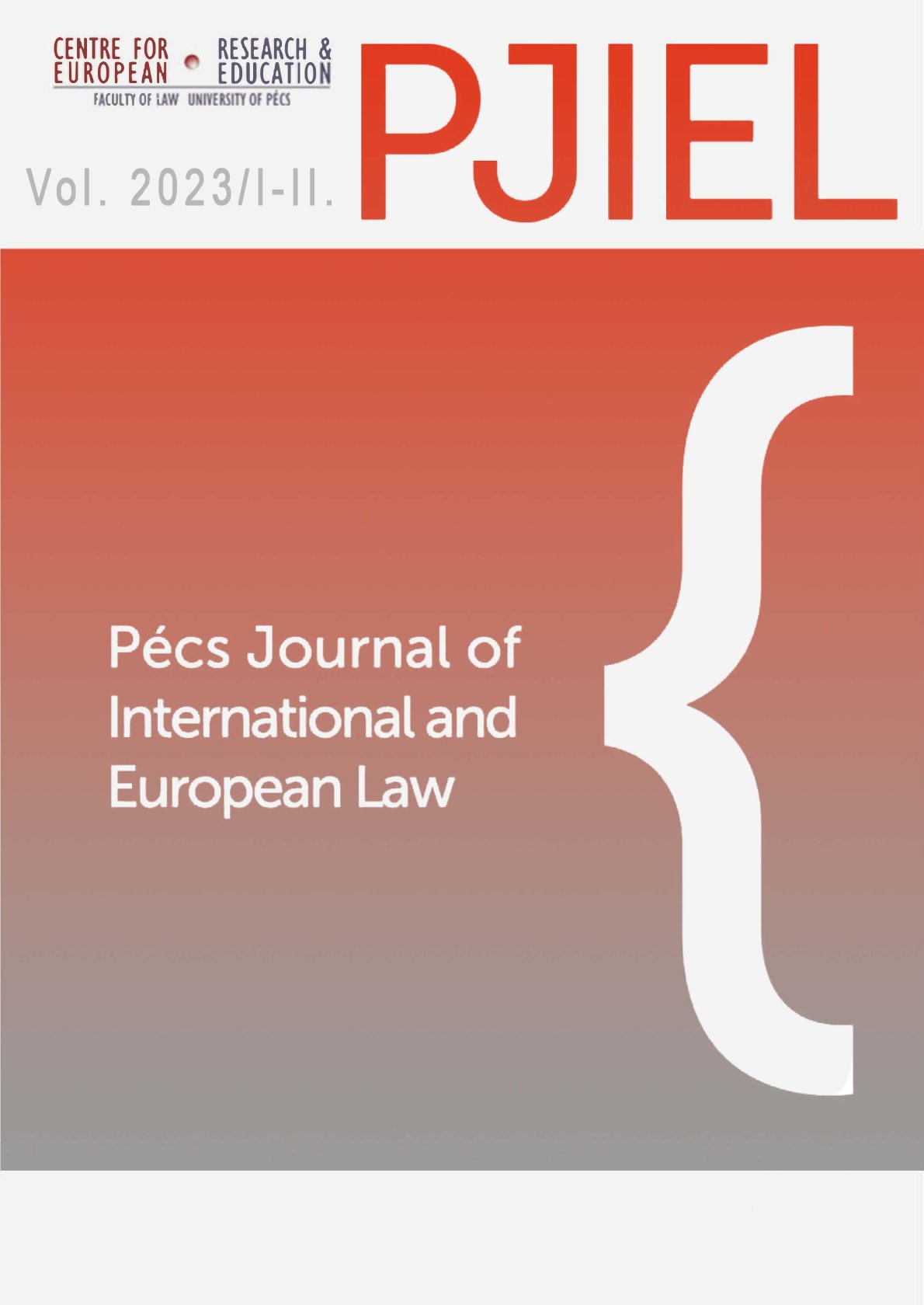The right to translation in the criminal procedure and the meaning of essential documents – three recent cases of the European Court of Justice in the field of criminal cooperation between Member States
DOI:
https://doi.org/10.15170/PJIEL.2023.1.7Keywords:
criminal cooperation, procedural directives, translation, procedural autonomy, essential documents, right to legal remedyAbstract
The case note concerns three preliminary rulings of the European Court of Justice (hereinafter referred to as ECJ). Case C-242/22 PPU TL, C-338/20 Prokuratura Rejonowa Łódź-Bałuty and case C-278/16 Sleutjes each concerned the right to translation in the criminal procedure and legal remedies in the event of not providing that right. Thus, the basis of adjudication of the cases was Directive 2010/64/EU of the European Parliament and of the Council on the right to interpretation translation and in the criminal proceedings. The case note sheds light on the deficiencies of the Directive which are the consequences of the legislative technique applied in this legislative instrument, namely that Member States retain great discretion in implementing its often-vague regulations on the right to translation. However, through the preliminary ruling procedure, the ECJ clarified the meaning of the essential document which is subject to translation according to the Directive, found that a final decision shall be considered a judgement even if formally it is not, and finally, it set out the essential parts of a judgement or other decision that are subject to translation for the purpose of safeguarding the right to a fair trial.
Downloads
Downloads
Published
How to Cite
Issue
Section
License
Copyright (c) 2023 Pécs Journal of International and European Law

This work is licensed under a Creative Commons Attribution-NonCommercial-ShareAlike 4.0 International License.









